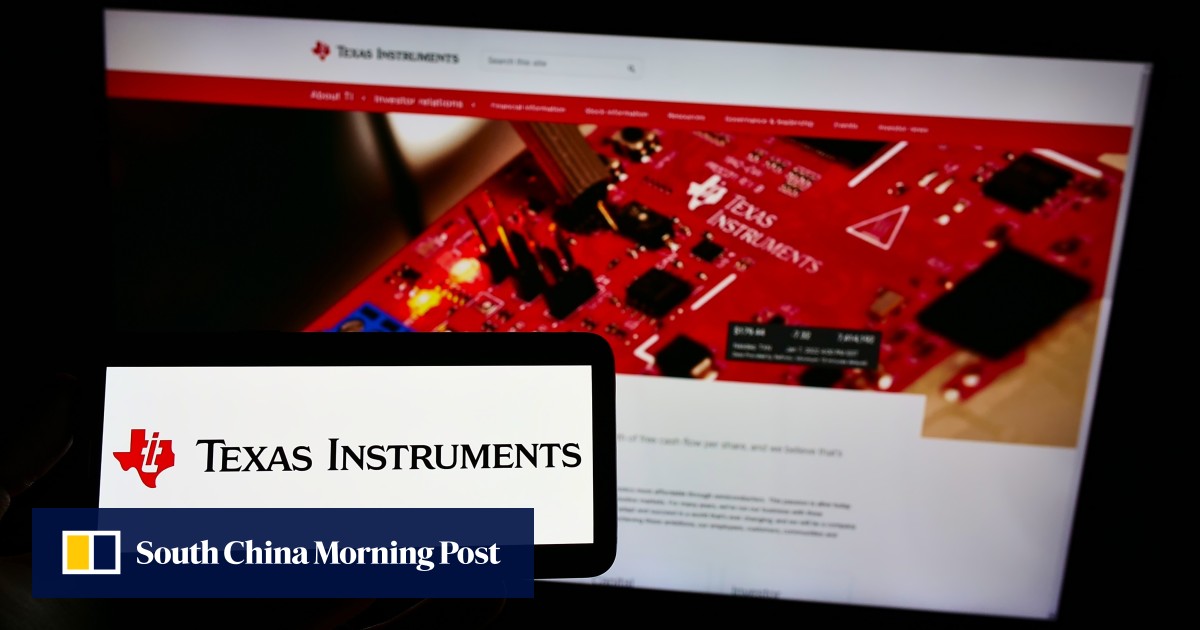A gathering of civil society organisations expressed concerns on Thursday over the withdrawal of Mali, Niger, and Guinea from the Economic Community of West African States (ECOWAS) and its potential ripple effects.
The gathering, held under the auspices of the West Africa Democracy Solidarity Network (WADEMOS), said this could exacerbate security challenges across the Sahel, which covers 60 per cent of West Africa’s territory.
Military juntas in the three countries withdrew from ECOWAS in January this year after the regional body suspended them in the aftermath of successive coups in the countries – Mali, August 2021; Burkina Faso, September 2022; and Niger, July 2023.
They formed the Alliance of Sahel States (AES).
Earlier this month, President Bola Tinubu, the chairman of ECOWAS, called on the three countries to return to the fold. Mr Tinubu’s appeal to the countries came about a month after they formed a confederation at the first summit of their AES on 6 July.
On Thursday, WADEMOS and the Centre for Democratic Development (CDD-Ghana) co-hosted a “community engagement” in Abuja, Nigeria’s capital. At the event, participants worried about the potentially destabilising consequences of the countries’ exit from ECOWAS.
“These nations occupy 60 per cent of our region’s landmass and contribute at least 10 per cent to its Gross Domestic Product (GDP),” Co-chair of the WADEMOS Steering Committee, Aliou Badere, said. “Their withdrawal could undermine our collective security efforts and further destabilise the region.”

Mr Badere called on civil society organisations to engage with the governments of Guinea, Mali, and Niger, urging them to return to democratic governance.
He noted that WADEMOS is actively exploring strategies to support ECOWAS in mitigating the fallout from these coups, stressing the importance of solutions free from political bias.
The Network Coordinator for WADEMOS, Paul Kuffour, said the failure of democratic institutions to deliver tangible benefits to citizens is one factor driving the rise in military coups in West Africa.

He said governments’ inability to address fundamental issues and persistent human rights violations, eroding public trust, is fuelling the democratic reversal.
Mr Kuffour pointed to recent constitutional amendments in Togo and Guinea as examples of how leaders manipulate legal frameworks for personal gains, further deepening the disconnect between elected officials and the people.
He argued that this disillusionment has compromised the integrity of electoral processes and fostered a widespread distrust in election bodies, which are increasingly seen as lacking transparency.
ECOWAS reform
Mr Kuffour urged ECOWAS to renegotiate processes aimed at restoring democratic governance.
He noted how misinformation and disinformation fuel mistrust of ECOWAS among West African citizens.
Despite these challenges, Mr Kuffour reaffirmed WADEMOS’sWADEMOS’s commitment to advocating for reforms within ECOWAS to achieve lasting stability in the region.
“We have analysed the potential implications of these countries’ withdrawal,” Mr Kuffour said, warning that “It could lead to further instability, disintegration of the subregion, and significant socioeconomic impacts, especially for their citizens residing in ECOWAS member states.”
Mr Kuffour also stressed the importance of a coordinated response to the rising terrorism and violent extremism in the Sahel, noting that such efforts can only be successful if ECOWAS remains a unified bloc where all members collaborate on security strategies.
Broader implications for the region
The exit of Mali, Niger, and Guinea from ECOWAS has broader implications beyond security. Emmanuel Yeboah, a guest speaker at the WADEMOS event, said the negative consequences of bad governance have led to military takeovers in four out of the fifteen ECOWAS member states.
He noted that the sanctions imposed on these states following their exit have compromised regional security and hindered free trade.
Meanwhile, the President of I’UREM-CEDAOI’UREM-CEDAO in Côte d’Ivoire, Sekur Kaba, urged diaspora associations to unite to reintegrate the Sahel countries into ECOWAS.
He warned that enforcing ECOWAS laws against citizens from the Sahel countries could have severe repercussions, particularly considering the current hardships faced under the sanctions.
“The time to speak with one voice is now,” Mr Kaba said.
Stronger voice for the people
Participants also strongly opposed what they described as “overbearing colonial legacies” and foreign interference in the region’s domestic affairs.

They called on the three countries to return to ECOWAS.
The forum recommended the establishment of a robust CSOs and diaspora network to mobilise resources for advocacy and the protection of human rights across the region.
READ ALSO: Sahel confederation: Sustaining its challenge of the regional order, By Jibrin Ibrahim
They emphasised the importance of closing the gap between citizens and their leaders, advocating for a more democratic and responsive ECOWAS.
The forum called for innovative approaches to governance advocacy, suggesting using the arts as a medium to promote democracy and good governance in West Africa.
Support PREMIUM TIMES’ journalism of integrity and credibility
At Premium Times, we firmly believe in the importance of high-quality journalism. Recognizing that not everyone can afford costly news subscriptions, we are dedicated to delivering meticulously researched, fact-checked news that remains freely accessible to all.
Whether you turn to Premium Times for daily updates, in-depth investigations into pressing national issues, or entertaining trending stories, we value your readership.
It’s essential to acknowledge that news production incurs expenses, and we take pride in never placing our stories behind a prohibitive paywall.
Would you consider supporting us with a modest contribution on a monthly basis to help maintain our commitment to free, accessible news?
Make Contribution
TEXT AD: Call Willie – +2348098788999









